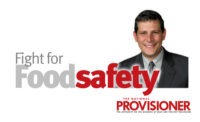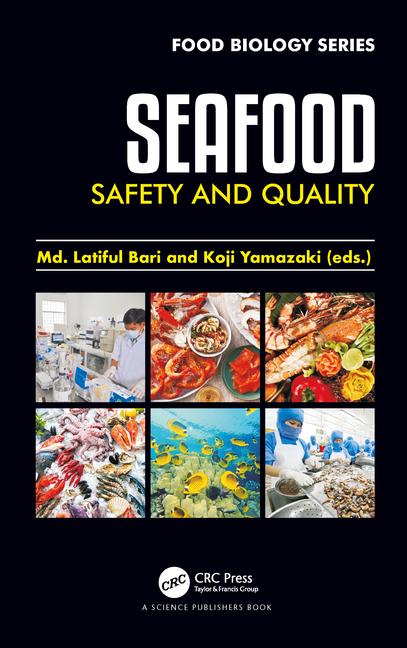Fight for Food Safety
Are food allergen advisory statements helpful?
'May contain' may not help

Increasingly, it seems more and more consumers are affected by allergens. To protect consumers, the USDA’s Food Safety and Inspection Service (FSIS) strongly encourages meat processors to utilize label declarations for products containing any of the eight major food allergens (milk, eggs, fish, crustacean shellfish, tree nuts, peanuts, wheat and soybeans). While all ingredients must be listed in a product’s ingredient statement, FSIS also urges the food industry to identify any allergens in a separate “contains statement,” consistent with the Food Allergen Labeling and Consumer Protection Act (FALCPA).
Pursuant to FALCPA, there are two labeling options applicable for major food allergens. Any allergens that are present must either be disclosed in the ingredient statement or in a “contains statement” (or both). The other, and arguably more straightforward, option is the “contains statement.” This is a short declarative statement disclosing what the allergens a product contains (e.g., Contains: wheat, milk, egg and soy).
Often, however, companies manufacture multiple products in the same facility and on the same lines, only some of which contain one or more allergens. The potential for allergen cross-contact, a situation where a residue or trace amount of an allergen is inadvertently incorporated into another food not intended to contain it, has led many companies to utilize “advisory statements.” Examples of advisory statements include: “may contain (name of allergen(s))” or “produced in a facility that also produces (name of allergen(s)).” Allergen advisory statements are not required by FALCPA. But, are they helpful?
The answer: It depends.
On the one hand, advisory statements may discourage a person with a related allergy from consuming a product. If allergen cross-contact did occur, such a statement might prevent someone from suffering a reaction. That is a good thing. On the other hand, advisory statements do not provide any regulatory protection. According to FDA guidance, advisory statements must be truthful and will not excuse the failure to follow current good manufacturing practices (GMPs). In turn, according to FSIS guidance, advisory statements may not be used as a substitute for standard sanitation operating procedures or GMPs (i.e., good cleaning). As a result, when an allergen is present in a product and it is not disclosed in the “ingredient” or “contains” statement, the presence of advisory statements will not spare a company from having to recall any affected products.
From a food-safety standpoint, including allergen advisory statements is a smart and practical way to provide an additional layer of safety. At the same time, it is important to understand that such statements do not offer any meaningful civil or regulatory protections. In the end, if your product does contain an allergen, simply stating that your product “may contain” that allergen may not help you. NP
Looking for a reprint of this article?
From high-res PDFs to custom plaques, order your copy today!










